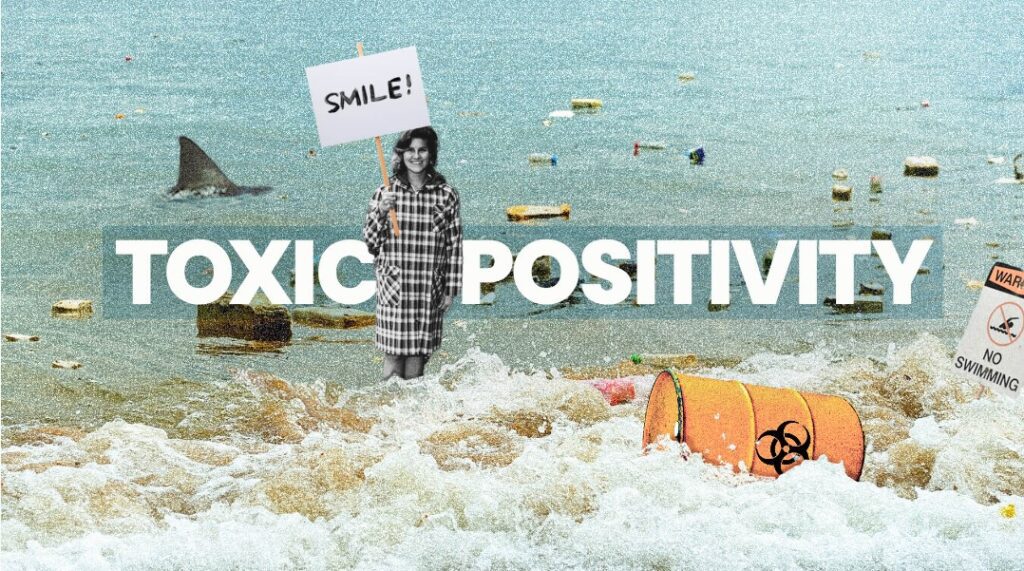
PSYCHE | Learner Lab
Having absorbed these idealised norms of positivity, people might come to believe their natural reactions to inevitable difficult experiences in life (be it bereavement, job loss, pandemics or relationship failures) are somehow wrong. They risk developing habits of experiential avoidance: the consistent denial, suppression or avoidance of difficult thoughts and emotions. Of course, it’s fine to put on a happy face to get through a rough meeting, or positively reinterpret a situation to cope with momentary hassles but, at some point, we all need to stop and address our ongoing unresolved problems and issues.